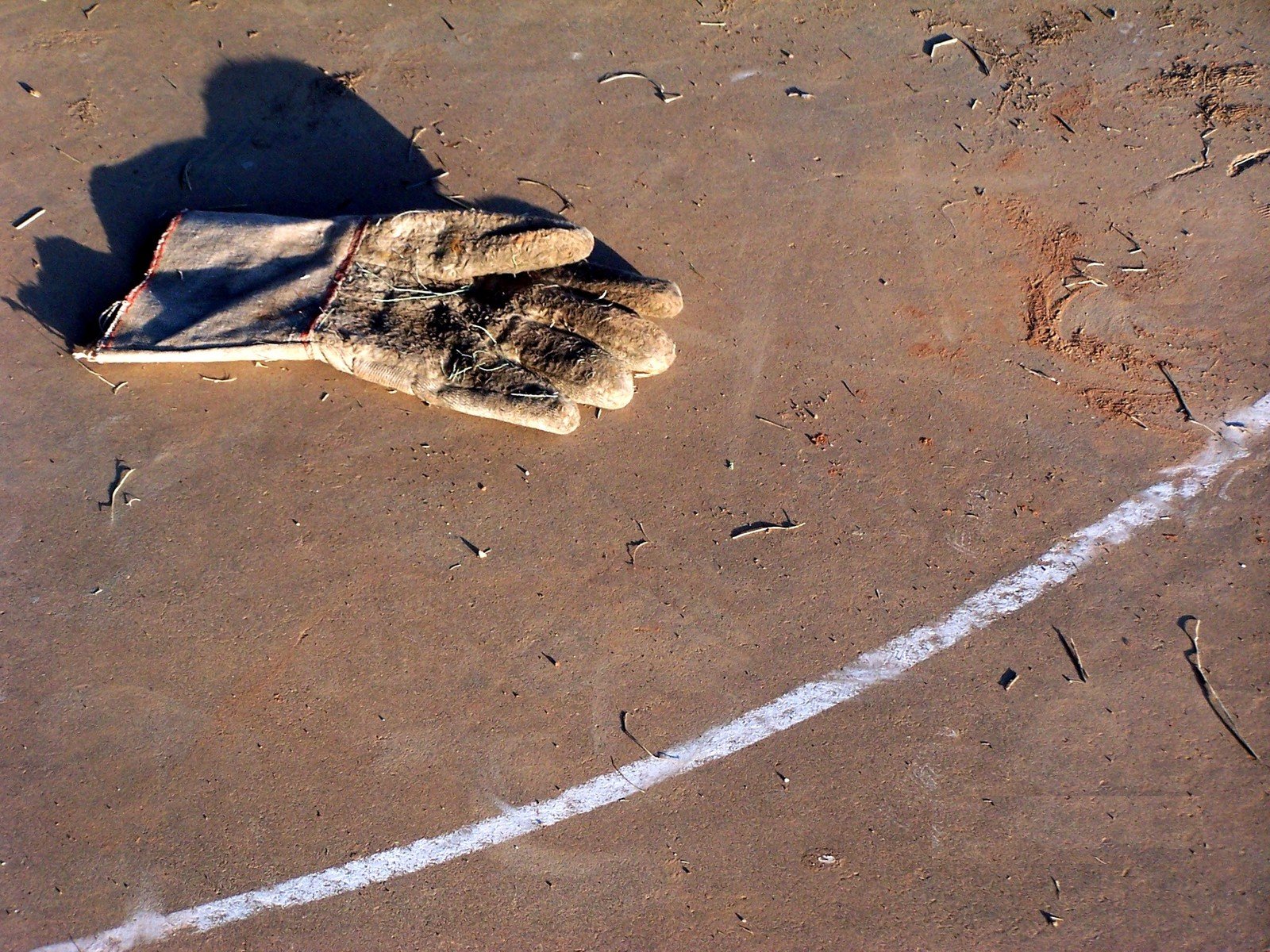It doesn’t matter what you call it – Crime and Trauma Scene Decontamination (CTS Decon), Crime Scene Clean Up, or Biohazard Remediation – this business comes with a lot of emotions and requires sensitivity and empathy toward all people involved. Most people think of intentional, accidental, or unattended deaths as the main circumstances needing crime scene clean up, but not all things that require these services involve death. People may also need CTS decon services for instances involving animal hoarding, drug labs, and tear-gas situations from police stand-offs.
The history behind CTS Decon
Crime scene clean up used to be delegated to the family members of those involved, but with the growing awareness of the dangers of bloodborne pathogens, that responsibility shifted to the professionals. It wasn’t until the 1990s and early 2000s, however, that businesses devoted to biohazard remediation began opening to provide professional aid to those in need.
How are regular cleaning services and CTS Decon different?
A regular cleaning service, while less expensive, also cleans very differently from a crime scene clean up team. Regular cleaning services tend to focus on superficial stains and dirt and rarely do extensive, deep cleaning. They simply don’t have the training to remediate to the extent that incidences involving biohazardous material require.
Decontamination services use special tools to remove biohazardous materials. At times they have to remove and safely dispose of affected drywall, curtains, appliances, carpeting, and furniture. They have special machines to remove odors and human remains. They also have extensive training in thoroughness, protection, substance removal, and biohazardous waste disposal so that everyone stays safe. Professionals in this field know the signs to look for so that all of the hazardous material is completely removed and not just the matter visible to the naked eye.
What kind of people work for such a specialized cleaning company?
People who work in such sensitive situations are background checked and drug tested. They have often worked in the medical field previously as an EMT or trauma nurse, so they are more comfortable in such traumatic situations. They tend to have strong stomachs and be empathetic, but they are able to emotionally detach from the situation in order to do their job to the best of their ability. They are also required to be psychologically sound and physically fit as some jobs require them to move heavy objects.
Is there government regulation?
Biohazard remediation isn’t necessarily federally regulated, but there are certain aspects that must meet uniform requirements. The Occupations Safety and Health Administration (OSHA) has specific training standards in regards to bloodborne pathogens and the safety of workers. There are also permitting requirements in order to remove and transport biohazardous waste. These requirements are in place to keep the workers and the family safe from biohazardous contamination.
Is biohazard remediation expensive?
This remediation can be costly because of how involved it is and how much is at stake if it isn’t executed correctly. Many insurances will help cover the cost. In the event of a violent crime, the family can send the bill to the Crime Victim Reparation Agency and request help in defraying the costs.
Unfortunately, where biohazardous material is concerned, it is not recommended that non-professionals do the remediation. In drug situations, drywall, studs, and insulation sometimes need to be completely removed to get rid of all of the contaminants. Meth labs, in particular, coat everything porous in the area with toxic chemicals that can stick around for years to come.
Similarly, in the event of an unattended death, or the death of a person that was not discovered for a long period of time, the decomposition can be so extensive that special machines and chemicals are needed to get rid of harmful odors, associated insects, and bacteria completely. Additionally, some bodily fluids or organic matter that may result from an intended or accidental death can be extremely difficult to clean if they have been allowed to dry and harden.
The professional cleaners also need special chemicals and equipment to protect themselves and the family from blood-borne pathogens. Crime scene clean up goes so much further than cosmetically wiping up a spill. Serious diseases such as HIV, MRSA, and hepatitis can be transmitted to other people through contact with biohazardous matter, so the cleaning process requires specialized training and protection to avoid contamination down the line. It can’t just look clean; it has to be clean.
One of the biggest expenses, though, is biohazardous waste disposal. As noted above, transporting biohazardous waste requires a permit, so there is an upfront fee associated with that before the professionals can even start working. The crime scene cleaners also have to provide containers large enough to move the waste safely as well as dispose of or incinerate the material.
What makes a company qualified?
If you need a biohazard remediation service, look for one that has respectful employees who are trained using the latest standards. They won’t take any shortcuts because they value you, your safety, and the safety of their team.
Questions? Visit us at www.DisasterCompany.com to learn about our biohazard cleanup services.

